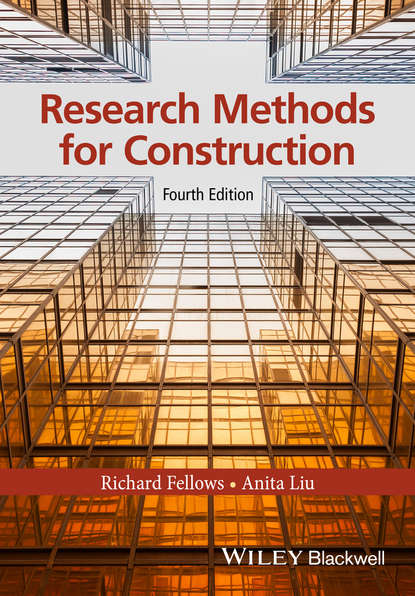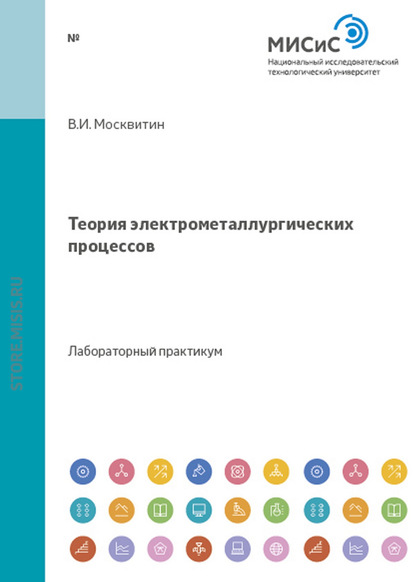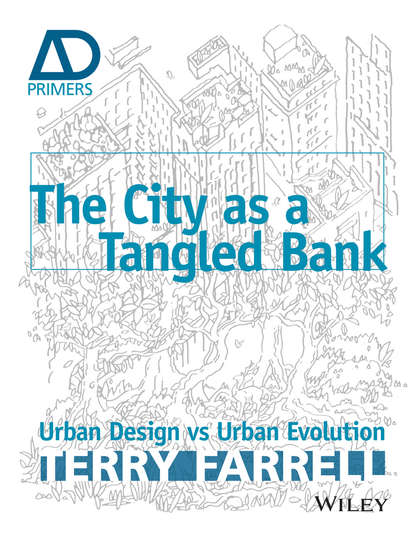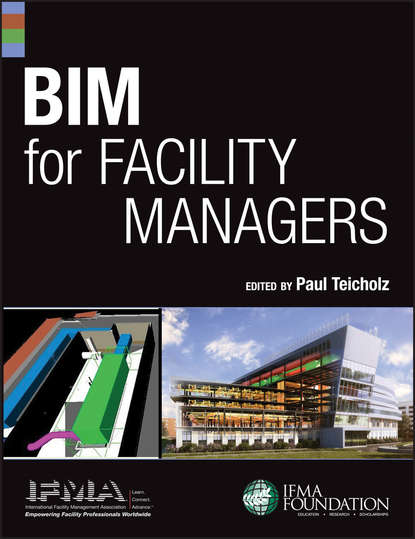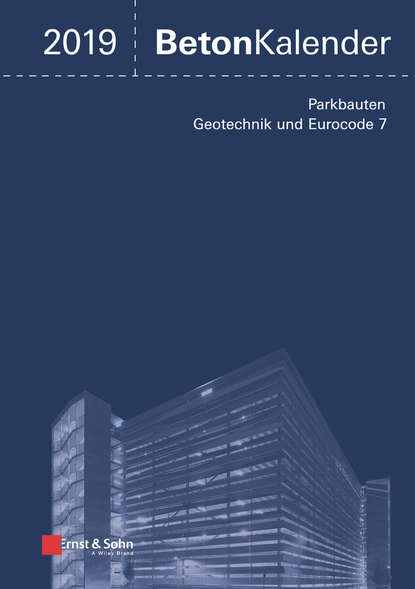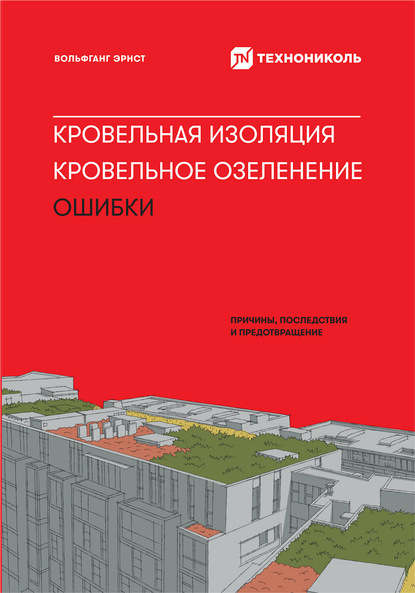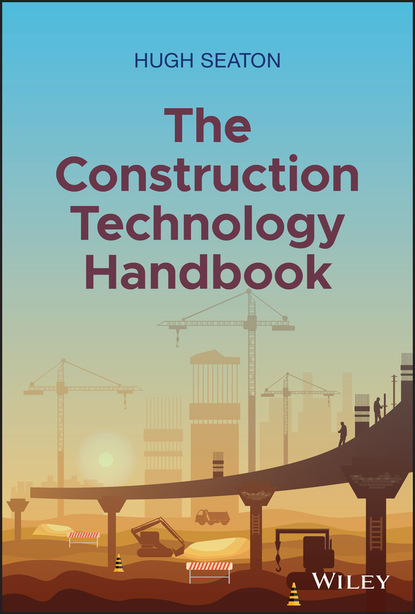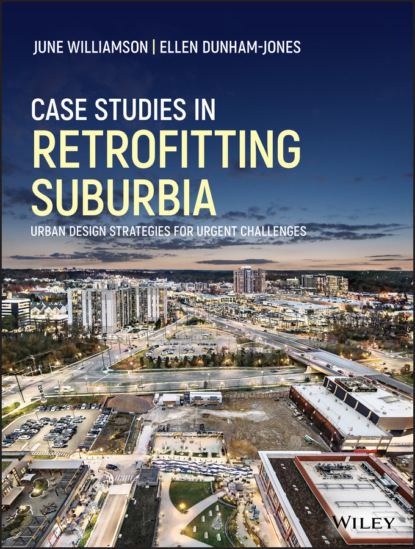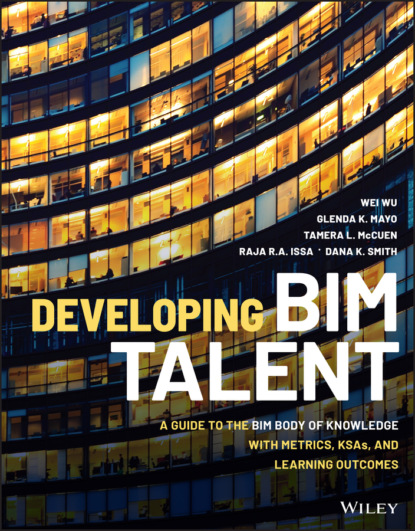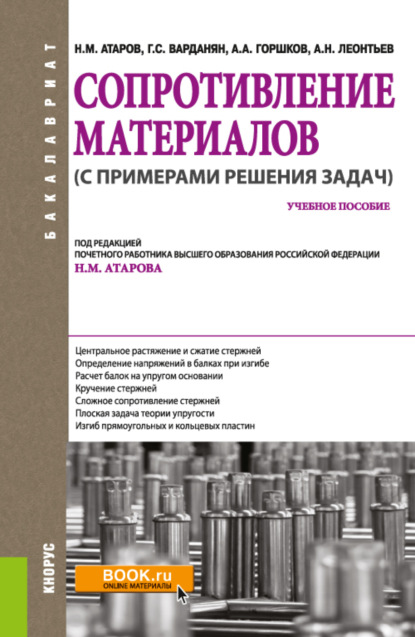Книга "Методы исследования в строительстве" поможет вам внедрить строгость в решение проблем, в отчеты и публикации. Она будет полезна студентам строительства, геодезии, архитектуры и гражданского строительства, проводящим исследования, будь то для бакалаврских и магистерских диссертаций или для магистерских и докторских диссертаций. Теперь уже в четвертом издании, эта книга остается одной из немногих, дающих рекомендации по формулировке исследования, методологиям и методам, специально для студентов строительных специальностей. Три основных раздела - "Подготовка предложения", "Выполнение исследования" и "Представление результатов" - обсуждают ключевые вопросы в исследованиях и рассматривают основные подходы, как качественные, так и количественные. Обсуждаются методы, принятые для научных и инженерных экспериментов, моделирования и симуляций, а также те, которые применяются для исследований в области менеджмента, социальных и экономических проблем. Авторы рассматривают требования к данным и анализу, включая важные статистические соображения, а также ряд качественных методик, позволяющих исследователям в области строительства понять, что нужно оценивать при разработке эффективных способов проведения исследований. В новом издании учтены текущие дебаты и проблемы, включая этические вопросы, законодательство и кодексы практики, касающиеся сбора, обработки, хранения, использования и утилизации данных. Дефицит времени и финансирования для проведения эмпирической работы зачастую приводит к недостаточному вниманию к тому, как следует проводить исследование и почему.
Электронная Книга «Research Methods for Construction» написана автором Richard F. Fellows в году.
Минимальный возраст читателя: 0
Язык: Английский
ISBN: 9781118915721
Описание книги от Richard F. Fellows
Research Methods for Construction will help you instil rigour into your problem-solving, and into your reports and publications. It will be of value to construction, surveying, architecture and civil engineering students undertaking research, whether for bachelors and masters degree dissertations, or for masters and doctoral research degree theses. Now in its Fourth Edition, this remains one of the few books to provide guidance on research formulation, methodologies, and methods specifically for construction students. Three main sections – Producing a Proposal, Executing the Research and Reporting the Results discuss the key issues in research and examine the primary approaches, both qualitative and quantitative. The methods adopted for scientific and engineering experiments, model building and simulations are discussed, as well as those employed for research into management, social and economic issues. The authors examine the requirements for data and analysis, including the important statistical considerations and a range of qualitative techniques that enable construction researchers to appreciate what needs to be evaluated in devising how research may be carried out effectively and efficiently. This new edition has been updated to reflect current debates and concerns, including ethical issues, legislation and codes of practice concerning the collection, processing, storage, use and disposal of data. Pressures of time and funding to carry out the empirical work all too often lead to a lack of attention to how the study should be done and why. The authors address the importance of explaining the philosophical approach adopted (ontology, epistemology) and the consequent methodology. They advocate close scrutiny of the methods available for appropriateness, both academically and practically. The fundamental theme of the book remains to facilitate a researcher’s informed and justified selection of a philosophical paradigm and of appropriate methods to execute the research.
